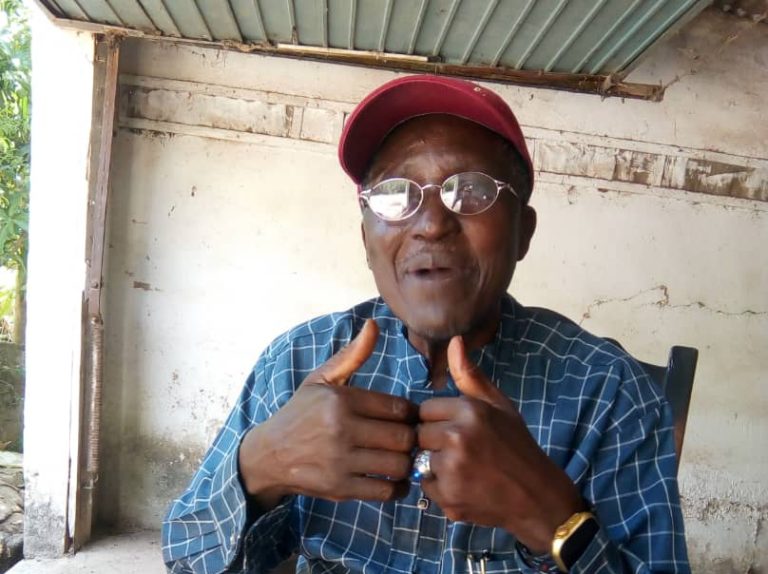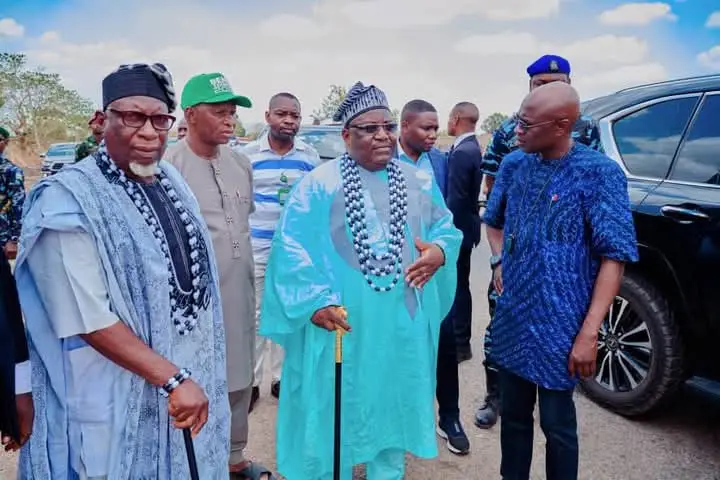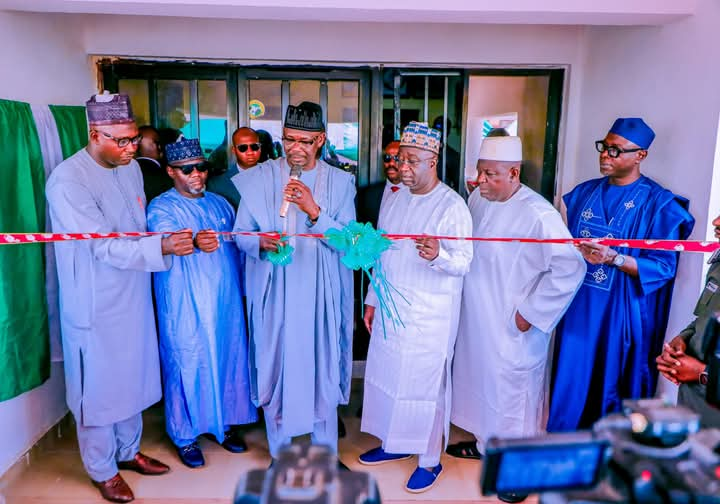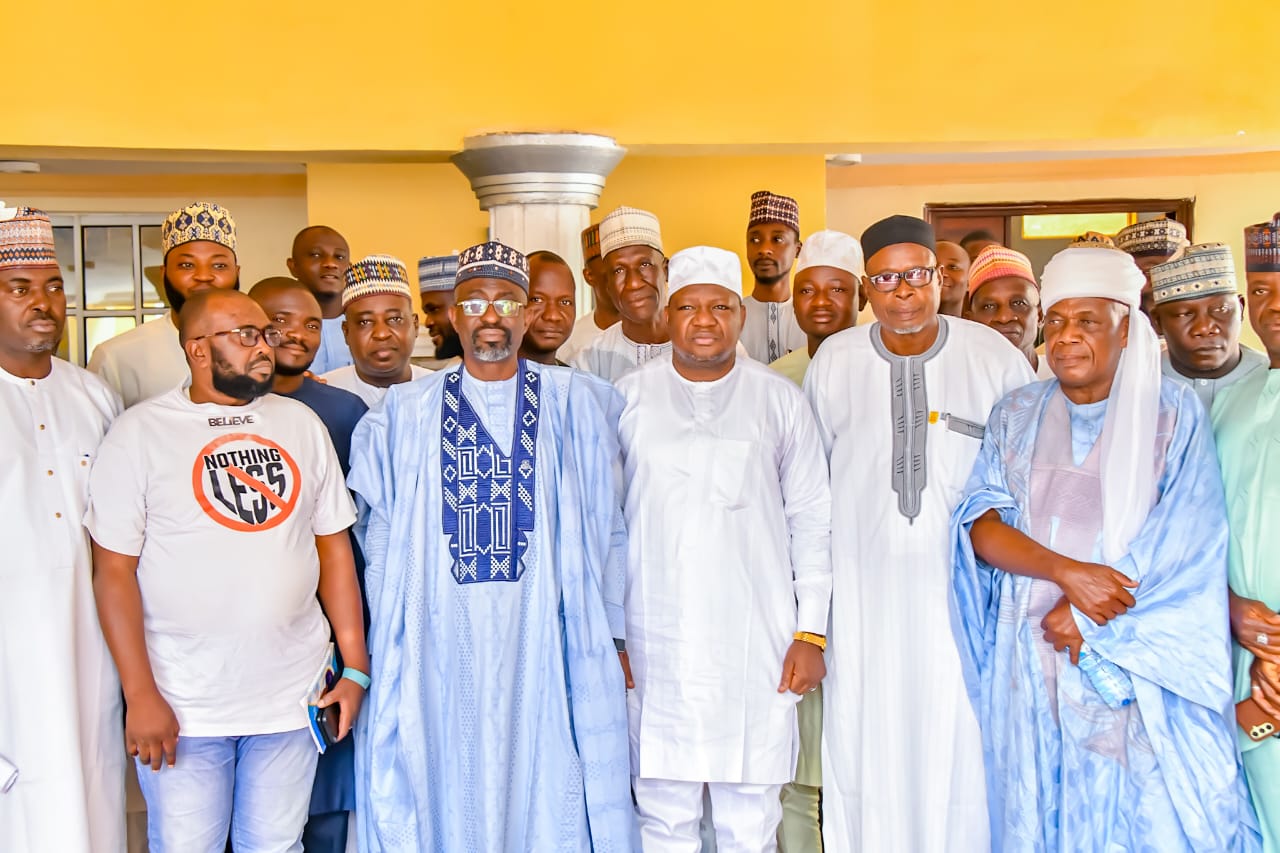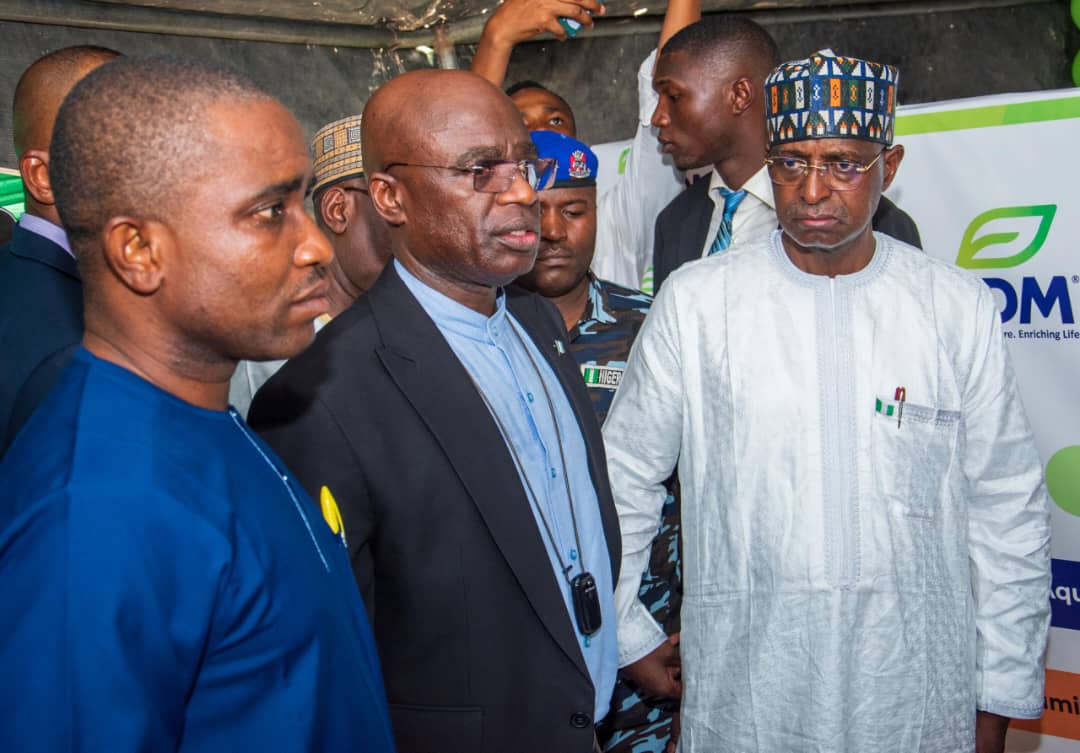Senator Davou Zang is a respected elder statesman and stalwart of the All Progressives Congress (APC) in Plateau State, who also represented the Plateau North Senatorial District in the 4th Senate
In an exclusive interview with The Voice’s Correspondent, Andrew Ajijah, he shares insights on the benefits of creating additional states in Nigeria among other issues
Nigerians are yearning for the creation of more states in the country. As a stakeholder, a former senator, and an elder statesman who knows this country well, what value will the creation of more states bring to Nigerians?
Thank you so much. I appreciate the question. What value will it bring to Nigeria? The simple answer is development. Why do I say development? From my understanding and experience in Nigeria’s government structure, the current setup is not adequate to develop Nigeria at the pace we want. If we create more states-for instance, if Plateau is divided into two, with a northern part and a central-southern part-and assuming we have the resources, this would definitely bring more hands into governance. That would ease development and help satisfy the yearnings of the people because more development would be spread across.
In the past, people have felt that Nigeria is moving too slowly, but in my view, it’s not just about the system; it’s also that we lack the manpower to build Nigeria quickly. Soon, Nigeria will be 65 years post-independence. We can’t compare ourselves to countries like France or the United States, which have had over 200 or even 400 years of nation-building. So, if new states are created and more local governments are established, with the Supreme Court affirming local government autonomy, each unit will strive to meet the needs of its people. That, to me, is the proper channel for development. Speaking specifically for Plateau, we want to retain the name “Plateau State” and not be given any new or strange name, even if the state is divided. We’ve been known as Plateau for a long time.
On the issue of local government autonomy, it’s been about six or seven months since the Supreme Court made its pronouncement. Have you seen any changes?
To my mind, nothing much has changed. Even though elections have taken place here in Plateau and other states, I don’t think the autonomy is truly working yet. You know the government bureaucracy, especially the executive, is a serious thing; nothing moves fast. I believe they’re still putting mechanisms in place to implement it. The problem is that most of us are allowing anxiety to take over, and we’re not being patient. In fact, I recently read that Lagos submitted a request to the National Assembly to convert its development areas into full-fledged local governments. That’s a signal that something is likely to happen
You’re a strong member of the All Progressives Congress (APC), the ruling party in Nigeria at the moment. There’s been a wave of defections from the PDP to the APC, raising fears that Nigeria might become a one-party system. Is Nigeria ready for that?
Well, if we’re talking about readiness, let’s ask: are we even ready for democracy? Look at China. They have a one-party system, and it works for them. If we want a one-party system to work in Nigeria, it can. The problem is that we just want to create commotion. For me, it’s a matter of trying something and seeing how it works.
Nigerians, especially those of us in North Central states like Plateau, Benue, and Nasarawa, are concerned about growing insecurity. These states mentioned are agrarian areas, and people can’t go to farms due to banditry. Are we not heading for a serious food crisis?
It’s unfortunate that a nation like Nigeria is being brought to a standstill by insecurity. To truly tackle it, I believe every state or homogeneous society should have its own security structure. This central security system isn’t working. It allows people to take advantage.
The Nigerian economy is tough. Many families are going hungry. What advice would you give to the government to ease the burden, especially concerning food security?
The solution depends on wisdom and understanding. We’ve chosen democracy. But in that, are we capitalists, socialists, or communists? We’ve opted for a capitalist democracy. That means people must think and act to develop themselves.
Some say government policies are hurting small businesses. Do you agree?
I agree, and I also disagree. Some government policies are not helpful. Take, for instance, the N-Power program under Buhari. It taught skills, ITF training, and digital tools. But the attitude of the recipients didn’t change. They still believed they could get rich overnight.
Finally, by the end of this month, the Tinubu administration will be two years. What’s your assessment?
Let me tell you something, I’m one of those who appreciate what is happening. In my opinion, despite all the sabotage, they are doing well. Our problem in Nigeria is mindset.

